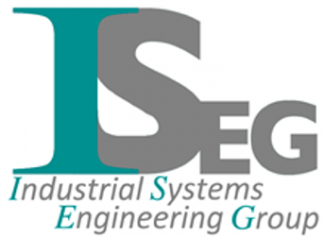LISE
At current the Laboratory of Industrial System Engineering (LISE) staff is: 1 full professor, 2 associate professors, 3 researchers, 1 Phd Candidate.
The LISE is organized in two sections:
• Systems and Operations Management (SOM);
• Health, Safety & Environment (HSE).
Research areas investigated in the SOM section are:
- production systems design and optimization,
- operations and service management,
- supply chain and logistics management.
Research areas investigated in the HSE section are:
- industrial and work safety,
- ergonomics and human factors,
- industrial and logistics sustainability,
- environmental management.
In these areas, scientific consultancies and research activities financially supported by “EU”, “Italian Ministry of Education, University and Research”, “Apulia Region”, national, international companies, and public institutions are offered. Examples from the past activity of the laboratory are:
System design and optimization
- Simulation of production systems (lay-out optimization, assembly lines performance evaluation, KPI development)
- Warehouse design and optimization
- Design, analysis, and management of healthcare services and networks
Operations management
- Production Planning (long and short range) and Scheduling model
- Working time and Job rotation models
- Lean Production and the Industry 4.0 paradigm
Maintenance and asset management
- Risk-based evaluation and maintenance of production equipment (Failure Mode Effects and Criticality Analysis - FMECA)
- IT Systems for Maintenance management (MMS)
- Spare parts management
Work safety
- Safety and Industrial Risk consultancy
- Fire Dynamics Simulation (FDS) and Fire evacuation modelling and simulation
- Design of fire fighting devices
- Design of equipment in ATEX environment
- Operational Safety Plan development
Ergonomics and human factors
- Ergonomic risk assessment (OCRA, EAWS, RULA, aging phenomenon)
- Human-based production systems modelling and simulation
Industrial and logistics sustainability
- Sustainability evaluation and optimization of inbound and outbound logistics
- Sustainable warehouse management
- Storage allocation management in harbour areas
Environmental management
- Localization, study and design of waste treatment facilities
- Development of Sustainable Energy Action Plans (SEAP) for local governments
- Energy and sustainability evaluation in industrial and urban environment (Smart City)
